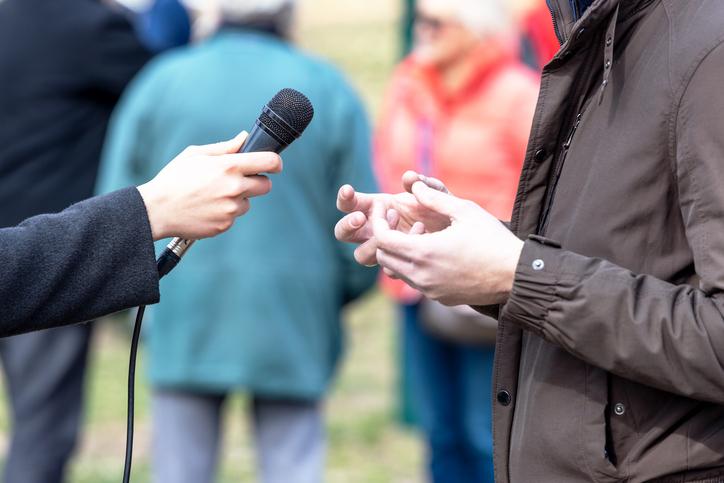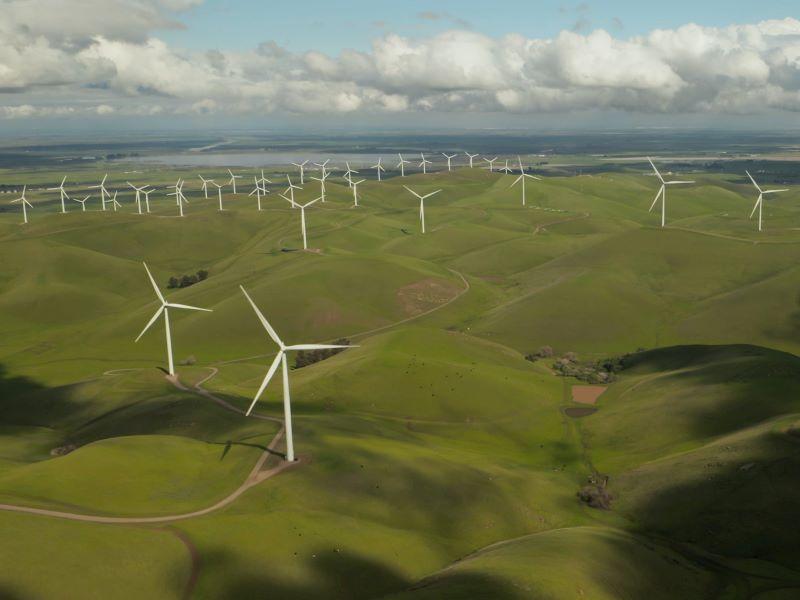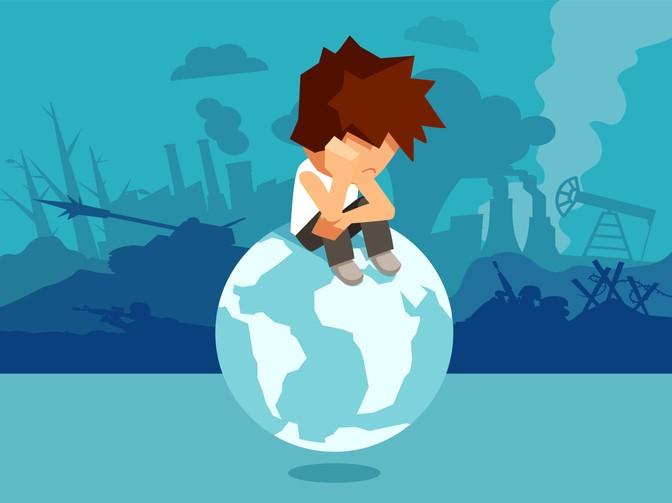From extreme weather to biodiversity loss, climate change affects lives, economies and politics across the globe. The media’s role in informing and inspiring the public and shaping policy has never been more crucial, so journalists must be both skilled storytellers and climate literate. Universities have a responsibility to equip journalism and media students with the knowledge and skills to report effectively on climate change, and to instil a drive in the journalists of tomorrow to help the world work towards the UN Sustainable Development Goals.
- Sustainability education isn’t just an add-on – it’s a foundation for the future
- Three ways to ensure you are teaching for lasting societal impact
- Key terms you should know to advance net zero goals across the university
Marking the 50th anniversary of our university’s pioneering media studies degree – the UK’s first of its kind – and amid ongoing cuts to media and journalism funding, we highlight the critical need for climate literacy in newsrooms. Here are our insights and recommendations.
Why climate literacy matters for journalists
Climate change is a global issue that affects every journalistic beat. Journalists must understand not only the science but also the broader impacts, from extreme weather to corporate sustainability and international policy. As climate anxiety rises, the media’s role in explaining these changes and potential solutions is vital – we know that climate anxiety often results in ignoring the realities of climate change and inaction.
Connecting extreme weather to climate change requires journalists to understand historical data and current effects, as highlighted by research into effective climate communication. Newsrooms vary in their ability to make these links, which can lead to disparities in reporting – risking gaps in the public’s information and, as a result, their stimulus to act.
Media must translate science, explain impacts and connect global trends to local realities. However, most climate news comes from the West, while the Global South’s experiences are underreported.
Effective reporting can inform, counter misinformation and inspire action. How journalists tell climate stories will shape the world’s response.
Current gaps in journalism education and how to address them
Current journalism education often overlooks climate reporting, leaving most graduates without the skills to cover climate science, policy or communication.
Journalists need access to climate attribution resources. Similarly to the innovative Carbon Brief newsroom that joined forces with scientists, future journalists need training to know where to seek information, what questions to ask and, importantly, develop the confidence and competence to accurately explain climate events.
To address this, journalism programmes should provide climate attribution modules – ways of investigating the extent to which climate change has influenced specific weather events – and practical training, combining climate science basics with data analysis and communication methods. Translating complex scientific language for general audiences is key to building a climate-aware society, as clear information empowers people.
Research-driven training on climate communication is also essential. It should show how different media formats affect audiences and help students develop impactful storytelling skills. This approach can create lasting engagement with climate issues, studies have shown.
Climate-savvy curriculum of tomorrow
“Climate-savvy” journalism means preparing students to report on climate issues across all media courses. We reviewed our curriculum with a focus on education for sustainable development, working with academic and sustainability teams to strengthen climate literacy, subject expertise and universal sustainability skills.
Students need a solid grounding in climate science, the ability to interpret scientific reports and policy, and the skills to create engaging, accessible media for diverse audiences. Journalists must fact-check, counter misinformation and make climate stories relevant locally. To be climate-literate, they should also understand justice issues and critically examining the roles of governments, business and technology.
Collaboration and practical experience are key. Forging partnerships with newsrooms, NGOs and hands-on opportunities, like fieldwork and student publications, can help students build the skills and networks needed for effective climate reporting.
Universities are making progress in integrating climate reporting into journalism education. Both our university and the University of the West of England have already embedded climate topics in their core curricula, while the Oxford Climate Journalism Network provides training and mentorship to both students and working journalists, building a global network of climate-literate reporters.
Recommendations for universities
To address the climate challenge, higher education must embed climate change into core journalism and media courses, not just electives. This requires investment in faculty development and partnerships with climate scientists, NGOs and media organisations, to give students access to the latest research and real-world reporting opportunities. Guest lectures, workshops and collaborative projects can help bridge the gap between the classroom and the newsroom.
Supporting student-led initiatives, like climate-focused publications and investigative projects, builds practical skills and a sense of agency among students. Universities must also recognise climate literacy as an ethical imperative, preparing graduates to inform the public and amplify the voices of those most affected by climate change.
As the climate crisis grows, universities have a responsibility to ensure the next generation of journalists is climate savvy – equipped with the knowledge and skills to inform, engage and empower. Embedding climate literacy at the heart of journalism education can shape not just the future of media, but the future of the planet.
Doug Specht is a chartered geographer, reader in cultural geography and communication and head of the School of Media and Communication; Anastasia Denisova is senior lecturer in journalism; and Morgan Lirette is sustainable development adviser in the sustainability team, all at the University of Westminster.
If you would like advice and insight from academics and university staff delivered direct to your inbox each week, sign up for the Campus newsletter.




comment